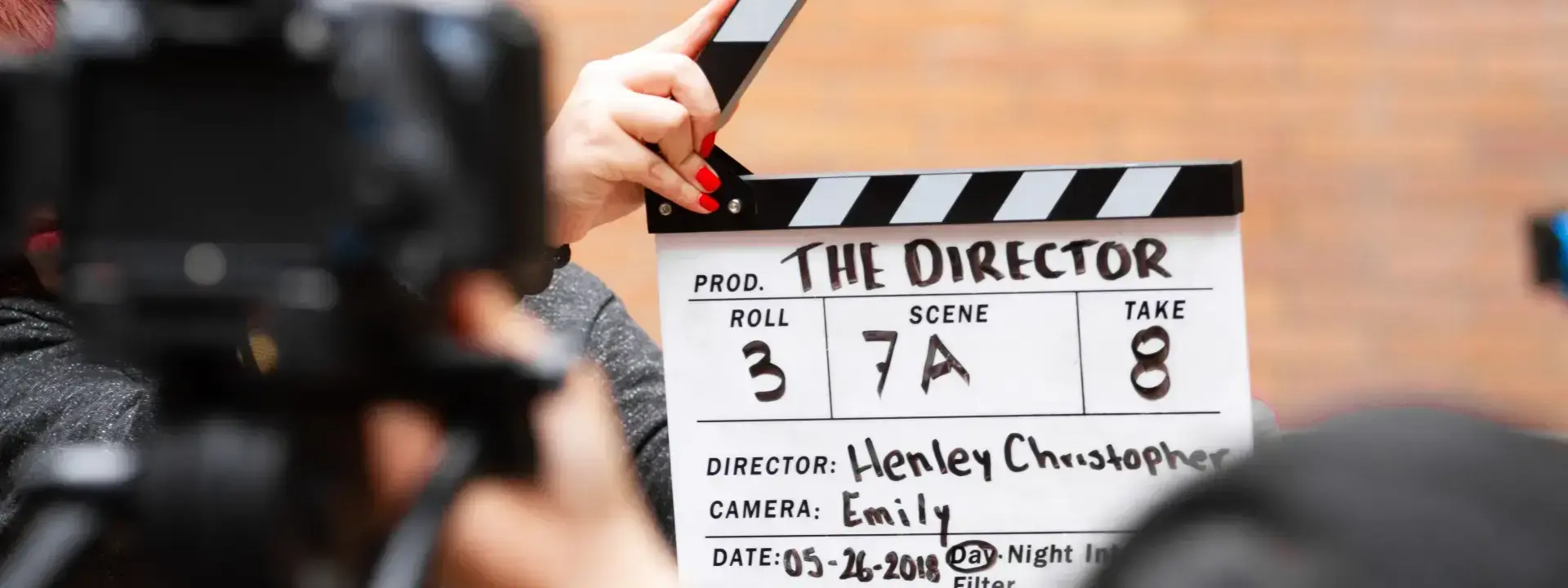
Film Director Job Description
What is a Film Director Professional?
film director is a person who controls the direction of a movie. A typical job description for a Film Director includes: planning the shots, directing actors and actresses during filming, selecting locations, approving final edits before release and often also writing the screenplay. Although someFilm Directors are nominated for awards such as an Oscar or Golden Globe, many work anonymously behind-the-scenes. The role of director comes with great responsibility and requires excellent organizational skills to manage both creative aspects (such as casting) as well as practical considerations (like budgeting).

What does a Film Director Expert do?
Movie Directors must also have strong communication abilities in order to efficiently collaborate with other members of their filmmaking team including producers, screenwriters and cinematographers. An ability to storytell is essential in order communicate your vision for the project while inspiring others to bring it to life onscreen. In general terms, a film director is responsible for ensuring that all elements of production come together harmoniously to create a cohesive final product that effectively tells the intended story or communicates the desired message. More specifically though, directors typically oversee every stage of pre-production (planning), production (shooting) and post-production (editing/fine tuning).

What are the Skills of a Film Director?
A film director is responsible for the creative and overall organization of a movie production. He or she works with the scriptwriter to develop the story, oversees casting, directs rehearsals and guides actors through their scenes. The director also collaborates closely with cinematographers, set designers and other crew members to bring his or her vision to life on-screen. In short, a successful film director must be able to wear many hats and juggle numerous responsibilities simultaneously. The most important quality that a director must possess is creativity; without it, there would simply be no movies! A good filmmaker needs to have a clear sense of what he or she wants to achieve with each project – whether it’s creating an emotional connection with viewers or telling an unforgettable story. This requires being able to visually articulate one’s ideas so that they can be translated onto the big screen by collaborating artists (such as cinematographers).

What makes an Expert Film Director?
Additionally, directors need strong problem solving skills; because inevitably something will always go wrong during production! Whether it’s last minute cast changes or inclement weather conditions wreaking havoc on shooting schedules…a level head under pressure goes a long way in this business. Of course technical know-how is also critical for any wannabe Spielberg out there – you can’t make magic happen if you don’t understand how all those pesky cameras and lights work! Therefore another essential skill for budding directors is comprehensive knowledge of filmmaking techniques (e.g., shot types/sequences, Continuity editing principles etc.). Being well versed in industry terminology doesnt hurt either when trying to impress potential employers during interviews… not to mention impressing your boss once hired! Most importantly though perhaps is people skills since directing involves working extensively with others towards common goals (i..e making great films!). So having excellent communication & interpersonal abilities are key here – along ability to motivate teams while remaining calm under pressure yourself... After All nobody wants to end up like Shelley Duvall Dorothy Parker famously said “directing Filmography begins at conception continues birth. In order words journey filmmaking just beginning whenpen first meets paper but rather starts inside mind person who has dream bringing stories life
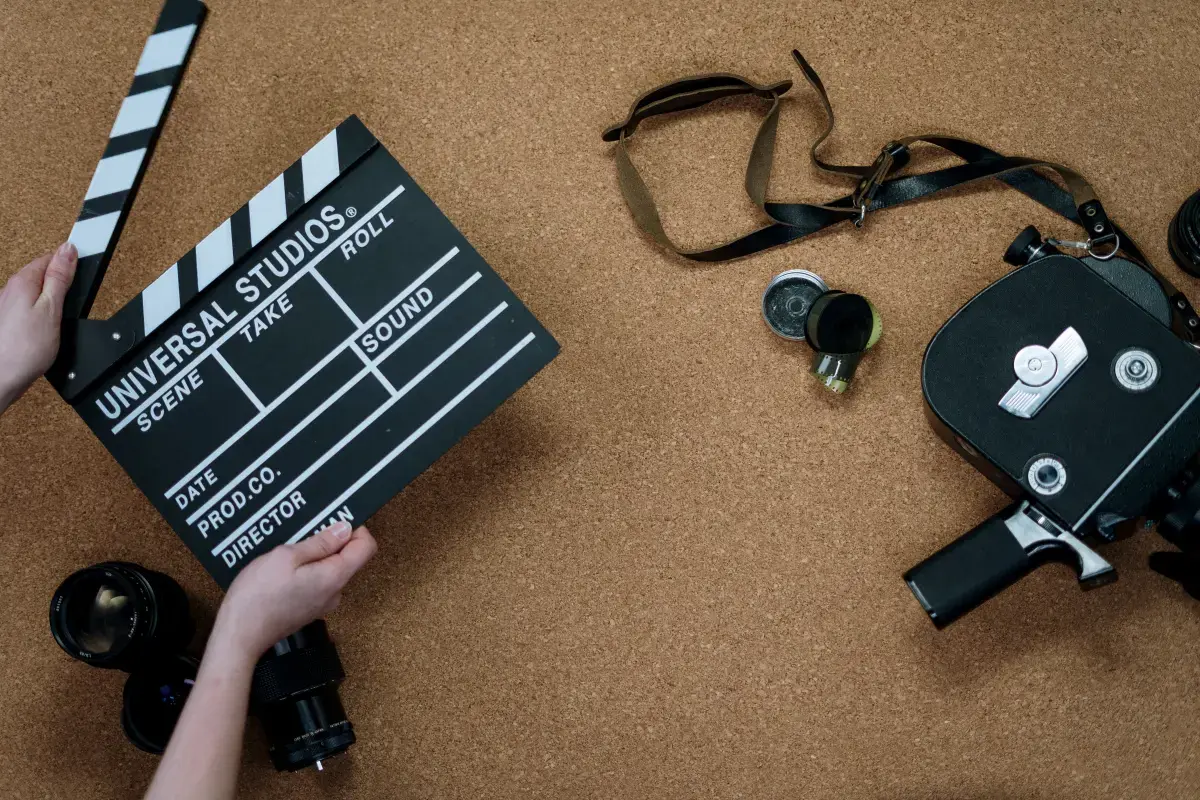
What level of Experience & Qualifications are required to be a Film Director?
Industry experience: Professional film directors must have extensive experience in directing and producing feature films, short films, music videos, documentaries and other types of videos. Professionals typically start as assistant directors or trainees in order to build up their skillset before advancing to directing roles. 2. Training: Film director candidates should receive formal training or instruction as an important foundation for their career path. In some cases, a degree may be necessary before obtaining a position at a production company or entering the field professionally Training courses are typically recommended to gain knowledge on all phases of the film-making process such as scriptwriting, production techniques and post-production technologies available today that automate editing tasks and the creation of special effects 3 Qualifications: Although there are no statutory qualifications required specifically for those aspiring to become professional film directors traditionally people would have studied drama at college/university which provides a valuable insight into character identity along with movement and interpreting language which can be used within filming too Additional qualifications such as diplomas in media may also help professionals secure employment within television/film related sectors especially if relying predominantly upon remote working skills . 4 Education: A college education is virtually essential when seeking employment opportunities within this sector — those hoping to eventually move from assistant director duties toward independent work must possess an abundance of knowledge about equipment usage and understand generally accepted industry standards Specific educational backgrounds can give well rounded skills sets , Diplomas , Masters Degrees & Doctorates focused around subjects such & Audio Visual Arts employ someone who has gained greater work exposure through placements & projects so that practical application along with theoretical knowledge is gleaned often performed alongside professionals currently operating successfully themselves
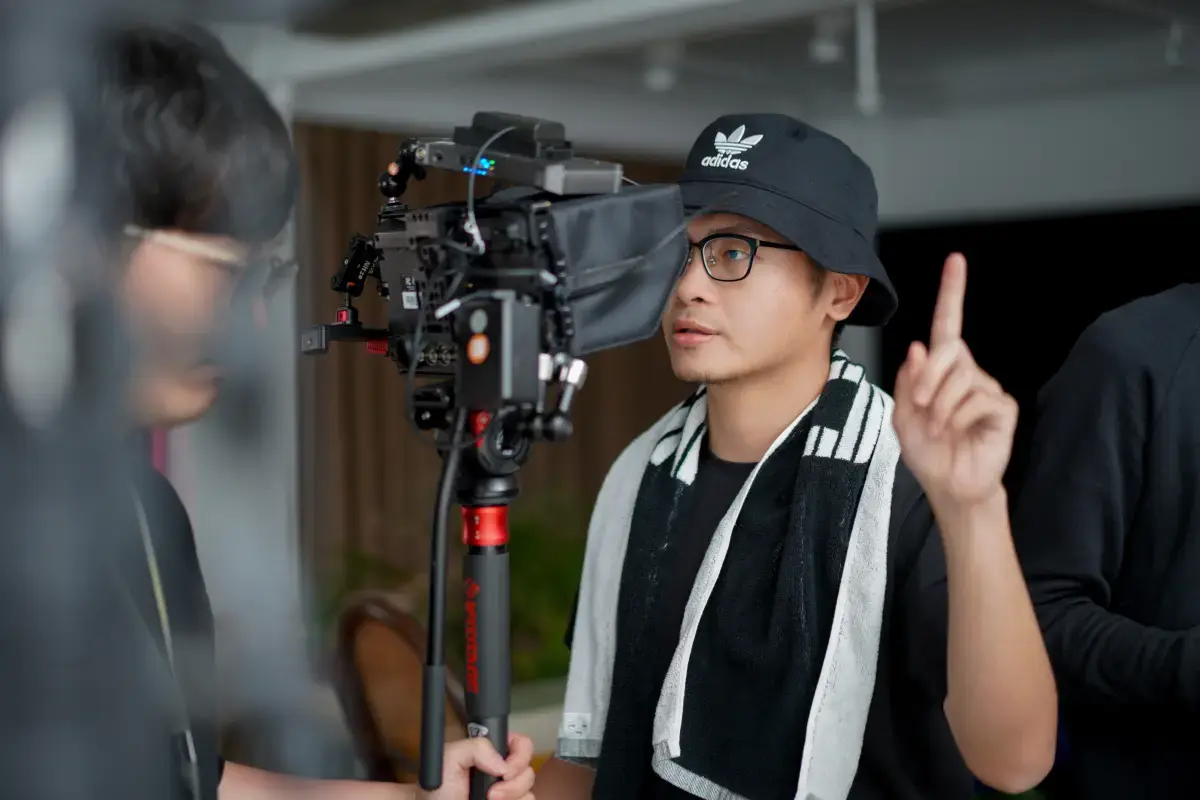
What is the Salary of a Film Director?
Junior Level At the junior level, a film director typically earns a starting salary of around $18,000 to $20,000 per year. This rate increases with experience and is often supplemented with freelance opportunities or television projects. Mid-Level As film directors progress in their careers and gain more expertise, they may earn mid-level yearly salaries ranging from approximately $35,000 to 50,000 per year. Some professionals in this field make even more depending on the marketability of their projects. Senior Level Once filmmakers have established themselves as successful movie directors (or if they are highly sought after by production companies for hit movies), they can command much higher salaries – often up to six figures and sometimes even seven figures depending on the scope of their projects. Top directors also receive back-end deals that offer them additional payments after certain performance benchmarks have been met by movies they directed or produced over time such as box office grosses or number of viewers/ratings received by movie cable/network debuts. In addition to monetary compensation many senior level studios provide film directors producer credits as well which increase their baseline salaries plus bonuses for blockbuster success stories at theaters worldwide
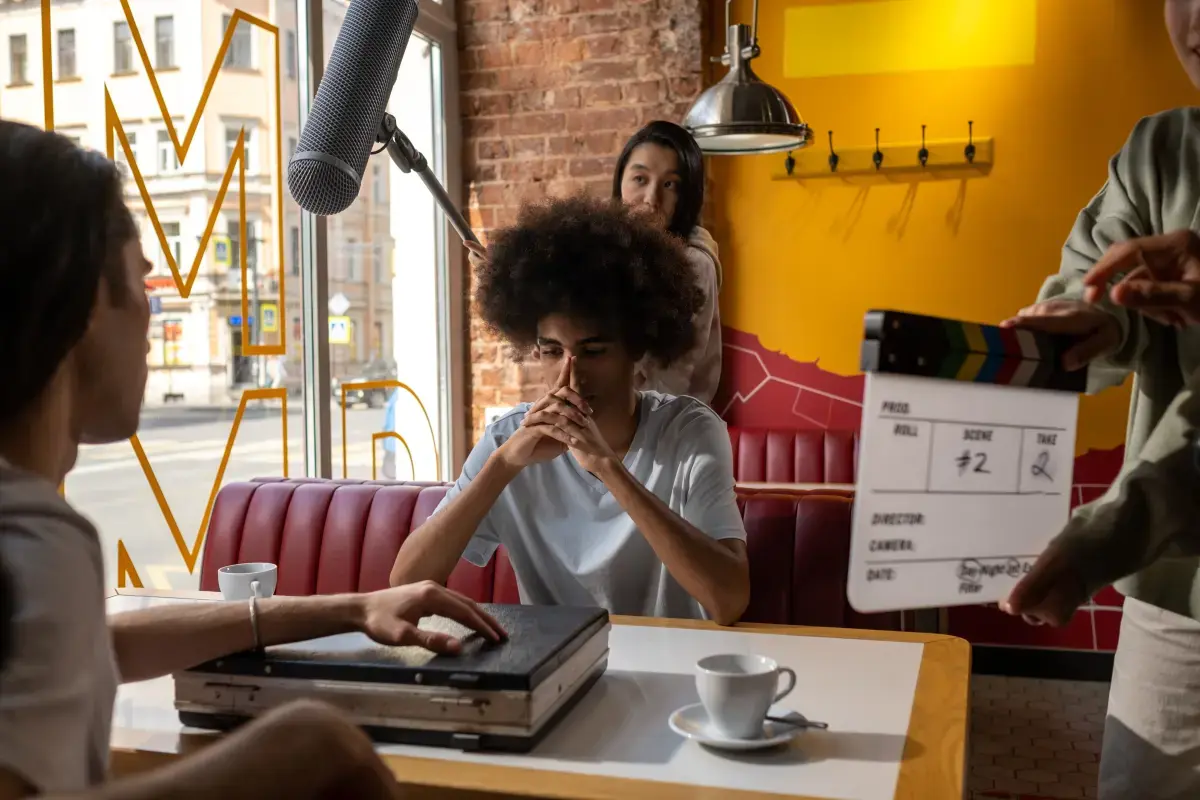
What are the Working Conditions for a Film Director?
The general working conditions for a film director can differ depending on the project and the size of the production. Generally, directors will have to work long hours to plan and prepare each aspect of a movie shoot. They must also learn all aspects of filming, directing actors and crew members, editing footage, giving direction in post-production etc is part of their standard responsibilities. Working with other creative professionals can often require collaboration across tight deadlines and within strict budgets which may challenge directors at times. During filming days, directors might stay on set 12-16 hours or even more per day which requires physical exertion along with detailed problem solving skills in order to maintain workflow efficiency throughout the day’s production schedule (and satisfy cast/crew expectations). Communication skills are essential since this role involves coordinating many peoples tasks into one cohesive product so as such a Director must be organized yet able to quickly adapt from unforeseen circumstance during pre & post-production phases too. Even when not actively shooting or editing footage Directors need frequent communication with various stakeholders like financiers/studios producers ect but also internally keep up assignment progress between crew members too. Post production responsibilities include technical supervision over all elements during assembly edit process whilst managing budget/schedule constraints closely through course duration right until finally signing off final delivery product amendments prior its screening publically (elevator pitch) is delivered plus ensuring relevant copyright issues addressed appropriately late stages summarization processes
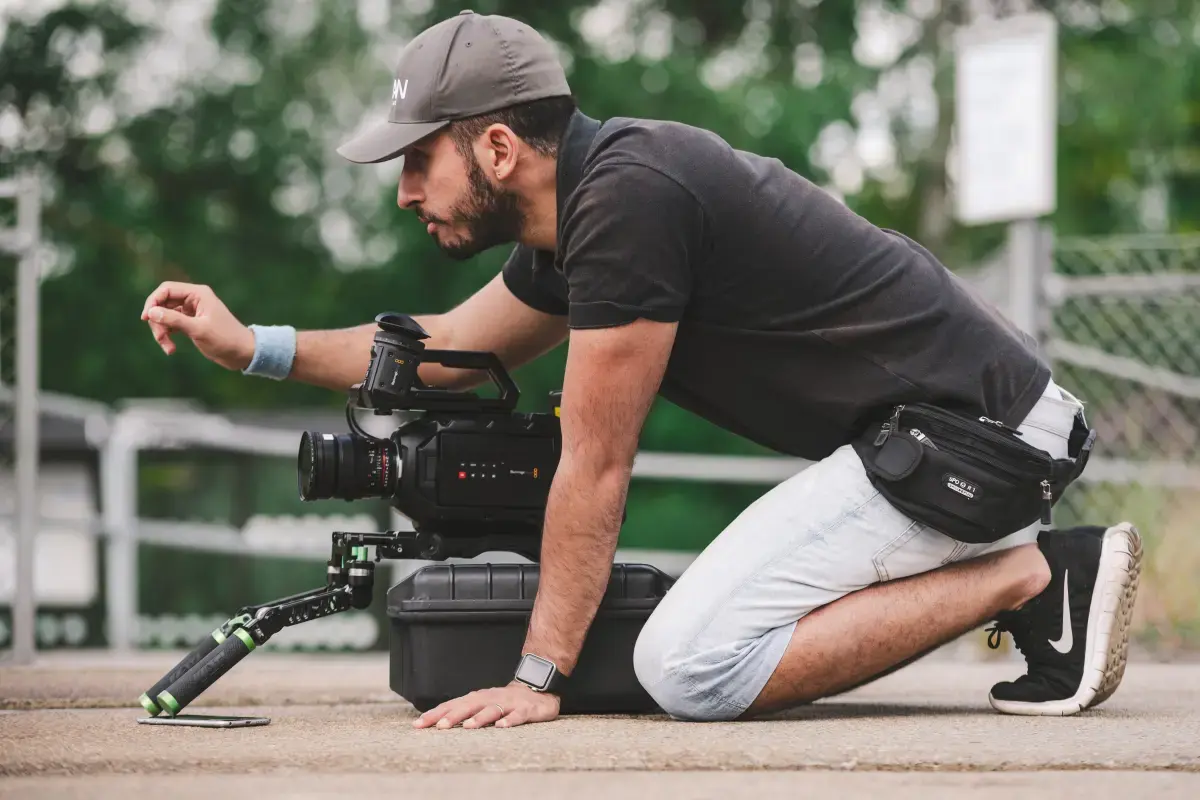
What are the roles and responsibilities of a Film Director?
Conceptualizing the films story and overall vision
Developing a clear strategy for how the story will be told
Creating an aesthetic style for the film
Working with screenwriters to develop and refine the screenplay
<Select>actors</Select>, selecting cast members and working with them on their performances
<Supervising>all aspects of production</Supervising> including hiring key crew, managing budgets, schedules, logistics, etc.
Conducting post-production activities such as editing, scoring, and adding visual effects
Overseeing distribution and marketing efforts to ensure maximum impact for the finished film
Engaging in promotional activities such as participating in interviews
Monitoring audience reaction to gauge whether changes need to be made prior release
Attending public screenings of early cuts of the movie
reviewing dailies (raw footage shot each day)
approving final edits before release
ensure delivery of print or digital copies
track box office performance
plan sequels or additional related projects
read industry trade publications
option rights to books/other source material
meet regularly
liaise
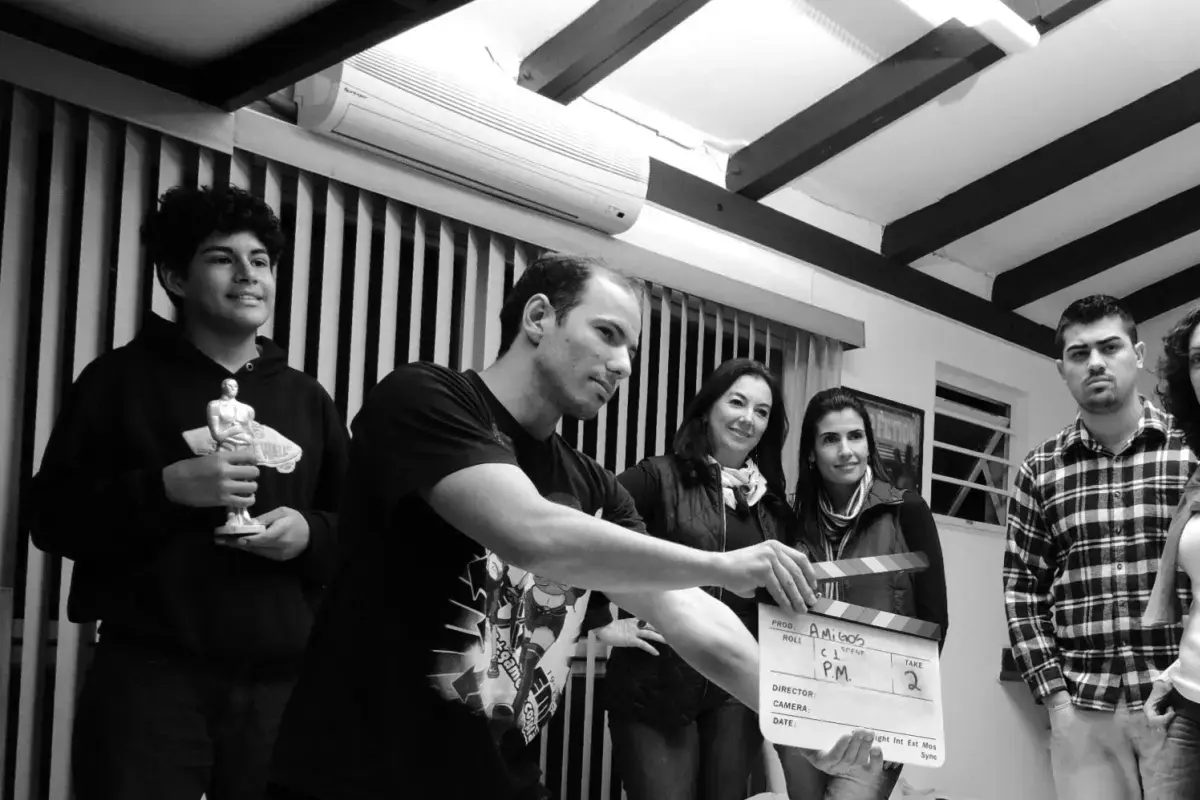
Where can I find Film Director jobs?
- Create a profile on gigexchange and promote your Film Director skills to advertise you are Open to New Work Opportunities
- Ensure your Resume (or CV), or online work profile is up to date and represents your skills and experience. Ensure your reputation reflects your ability & attitude.
- Apply for Film Director Jobs advertised on gigexchange.
- Practise Film Director interview techniques to ensure you represent your personality and ability succinctly and confidently.
- Accept the job offer if the salary meets your expectations and the employer mission and purpose reflects your core values.
Jobs
What are the best job boards for Movie Director jobs?

How can I hire Film Director staff online for my business?
The best job board for recruiting Film Director experts is gigexchange.com. Advertise full-time, part-time or contract jobs to find, hire & recruit trusted, experienced and talented Film Director candidates near you.
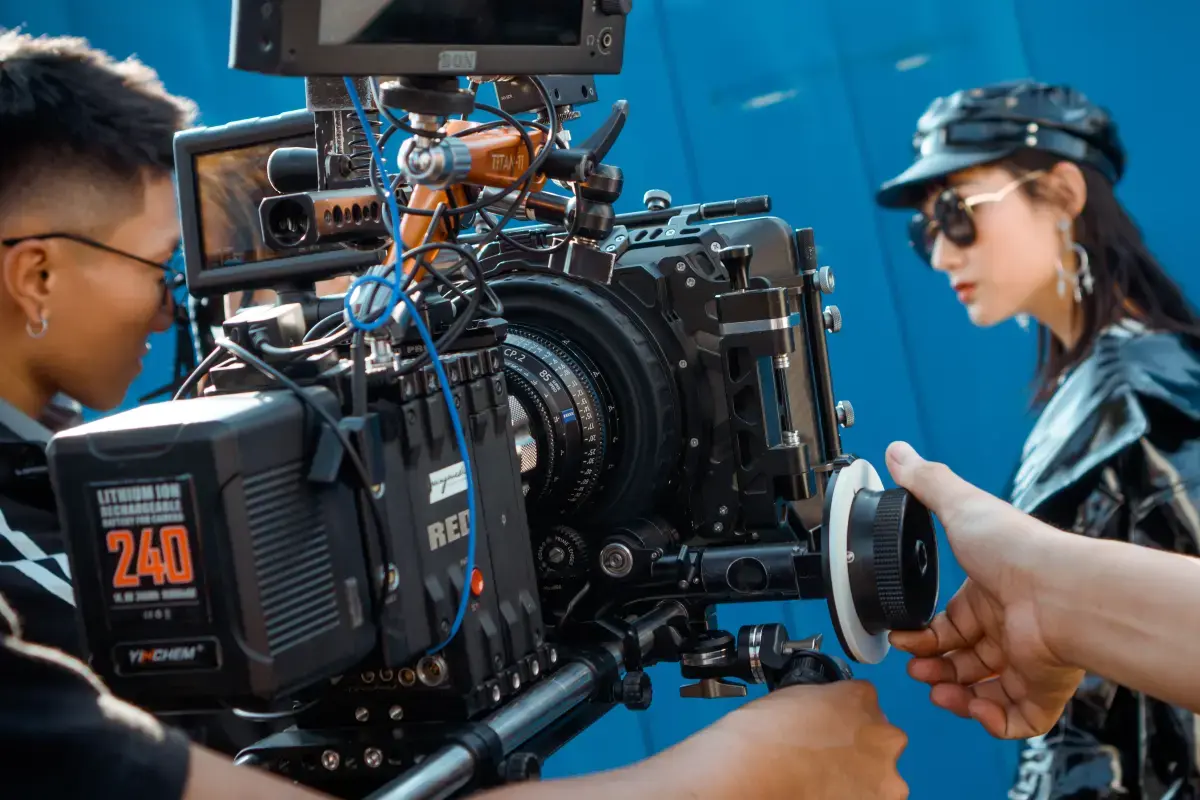
Are Film Director roles in demand in 2026?
Film Director experts are still in high demand in 2026. If you are an experienced Film Director or looking to train and become one. The job market is looking strong for Film Director jobs near me.